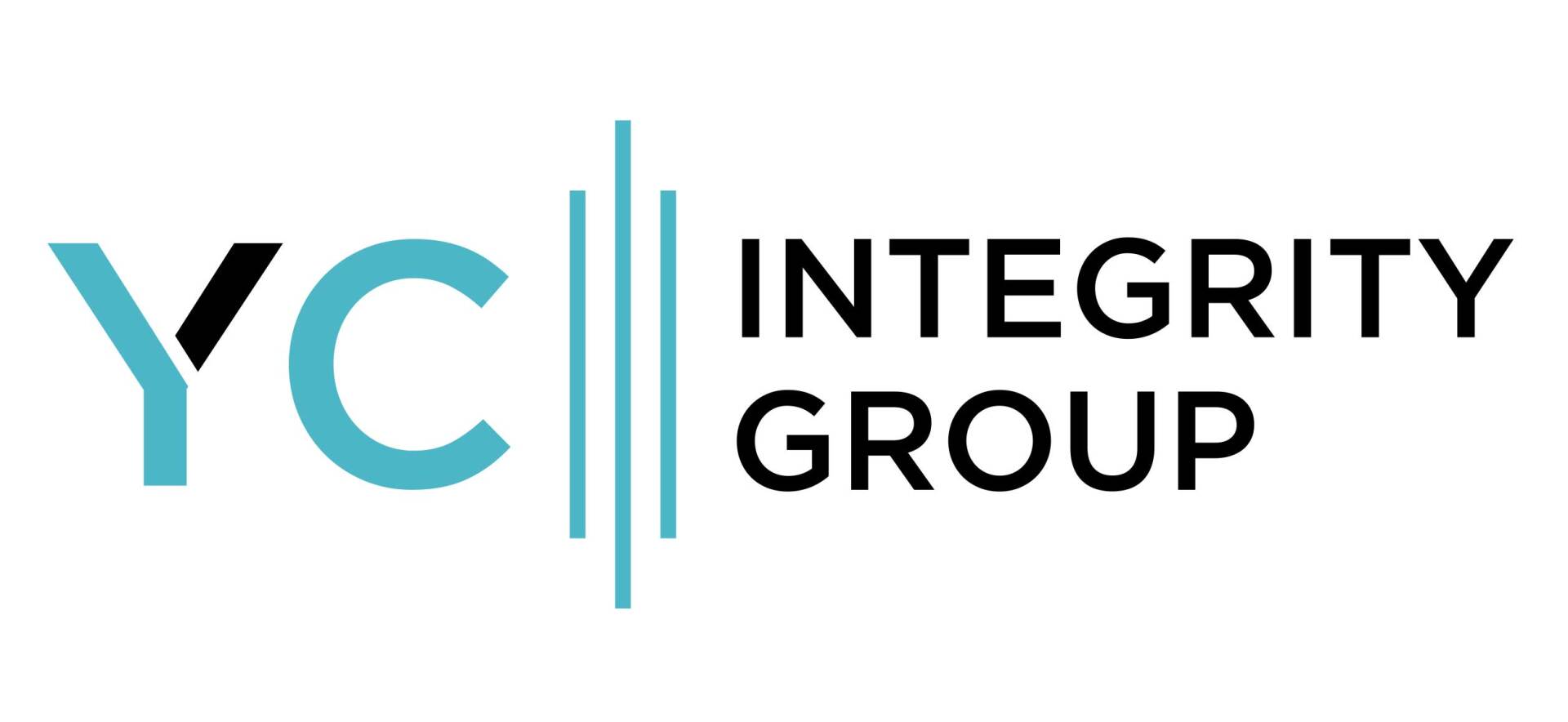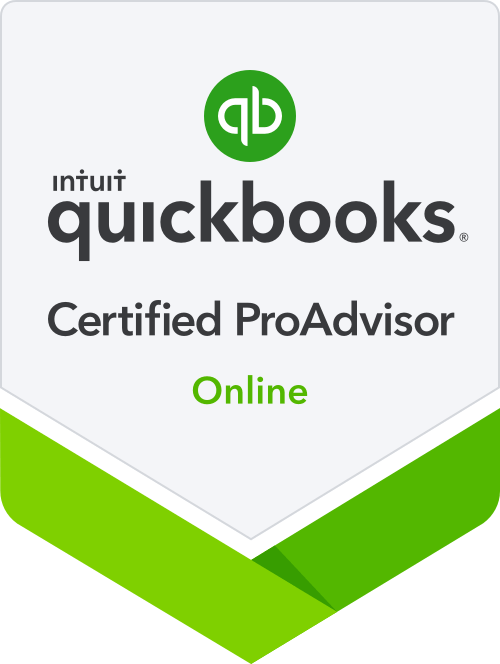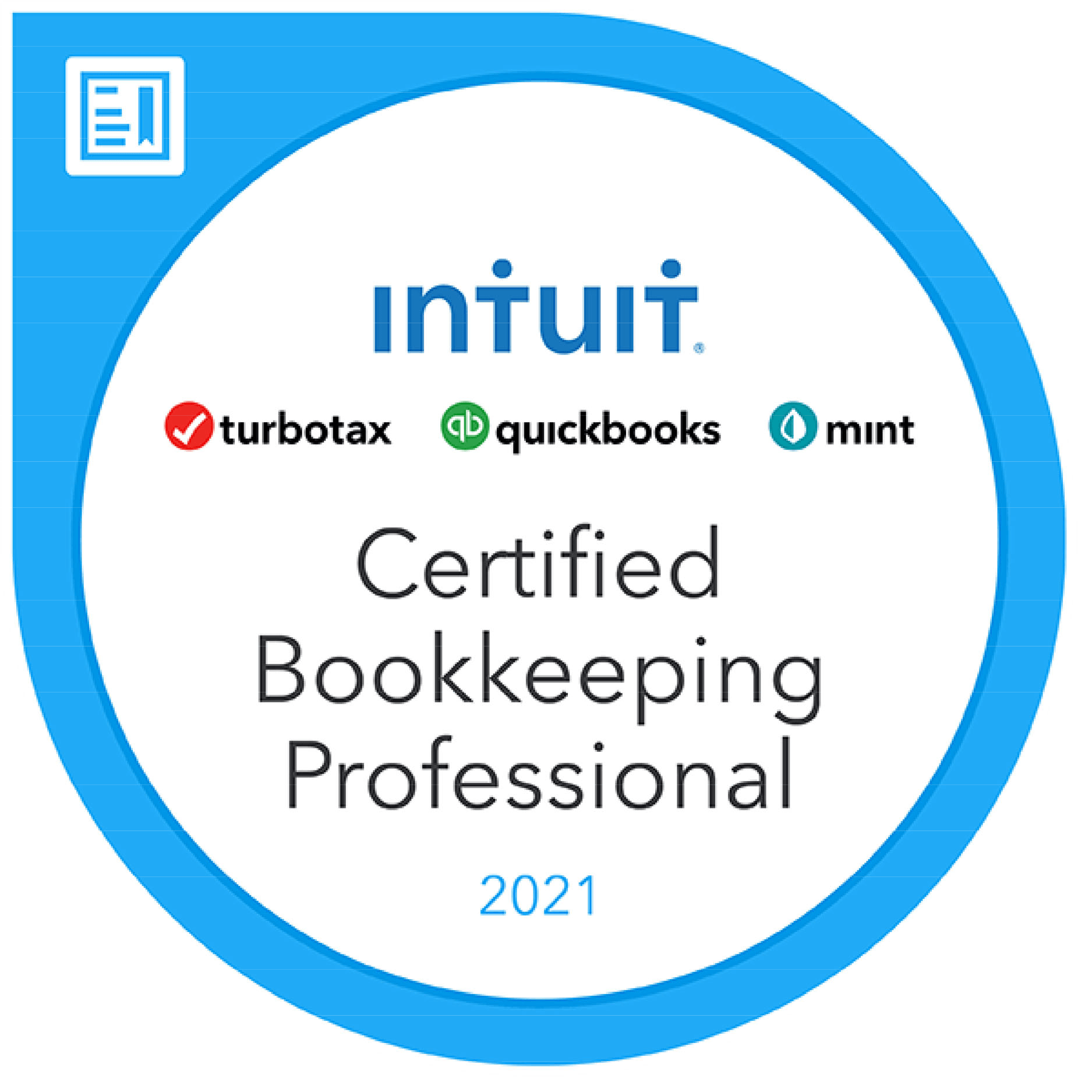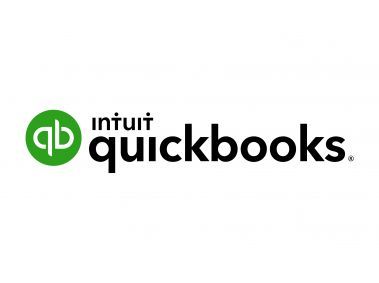How to Handle Your Business Payroll
There are several factors that you should take into account before hiring staff. One of them is payroll. In simple words, payroll is the financial record of your employee's wages, bonuses, and deductions.
In your company's accounting, payroll indicates the amount of money paid to employees for work performed for the company over a period of time. The calculation and payment of payroll are important because of the direct impact it has on the net income of the company, taxes, laws, regulations, and obligations related to it. That's why you should be extermely careful while handling the payroll of your company.
A well-performed payroll contributes to a good work environment since workers depend on it to meet their needs and manage their personal or family finances.
Here is how you can handle your business payroll.

Choose Between Hourly Rates Or A Fixed Salary:
For most small businesses, salaries greatly facilitate payroll calculations. Employees who receive a salary do not receive different amounts on each pay stub, which allows the business to have a stable and predictable cash flow, which also facilitates the general budget and tax process.
However, for some types of businesses, it may be more advantageous to pay employees for hours worked, so if this is the case for you, you will need to incorporate these payment fluctuations into your payroll planning.
Establish a Payment Schedule:
After determining whether you will pay your employees by the hour or a fixed salary, the next thing you will need to do is determine a payment schedule. You could choose between a weekly, biweekly, or monthly frequency.
Business owners usually go for biweekly payments, but weekly payments can also work well, while monthly payments are the least popular option.
Ensuring that your workers are paid at the same time is the main reason for this routine, thus creating a consistent and predictable routine in your payroll process.
Categorize Your Employees:
It is important to properly classify your employees. You may have full-time and part-time workers, independent contractors, and interns. For tax reasons, the correct classification of your employees is vital.
You can find more information about the employee classification on the official IRS website.
Simplify the Things:
If you have fewer than 10 employees, you might want to design a system that allows you to take care of everything.
Another option is to have your accountant take care of providing this service, and many of them already do, as it is an important part of your taxes. You can also use the external services of an expert firm.
The important thing is to make an option that makes your life easier so that you can focus on other aspects of the business.
Keep Records in an Orderly Manner:
If your payroll records are cluttered, you won't be able to find the information when you need it. State and federal laws require employers to retain and maintain employee records for specified periods.
For example, W-2 and W-4 forms, tax deposits, vacation time, and all benefits that employees receive, should be orderly and within reach.
Automate Federal and State Tax Payments:
Some payroll software allows you to automate federal and state tax payments. This software allows you to save time and effort, as well as avoid late tax payments.
In general, it is a great idea to automate as many aspects of your business as you can, because this will save time and money.
Plan Raises and Benefits:
Employees who regularly receive raises and benefits will be more loyal to your company and happier in their jobs. This planning is aimed at improving performance and increasing team morale, which in return will be more productive, resulting in a successful company.
If you can't afford to give cash raises, consider tax-free solutions like giving your employees tablets or laptops, enhanced health insurance coverage, or childcare stipends.
These considerations can help your employees feel valued by keeping your books in order.
Determine if EIN Number is Required:
Some states require workers to obtain an EIN to process their taxes. Generally, most businesses and other entities already have an ID number. If you don't have it yet, you will need to apply for one through the IRS.
Create a Budget:
As with personal finances, a budget is vital to the healthy finances of a business. When planning your payroll, be sure to factor in wages, salaries, benefits, pay contracts, and taxes.
You will need to pay for social security and Medicare if you have regular employees. Most businesses also need to pay unemployment taxes. Plan all your expenses so that you are not taken by surprise.
Preparation and planning can help you improve your business payroll management and reduce stress considerably. Also, having your employees happy and your books in order will allow you to focus on growing your business. Best of luck!!!












